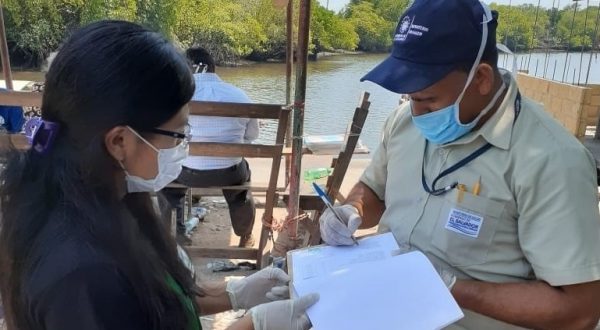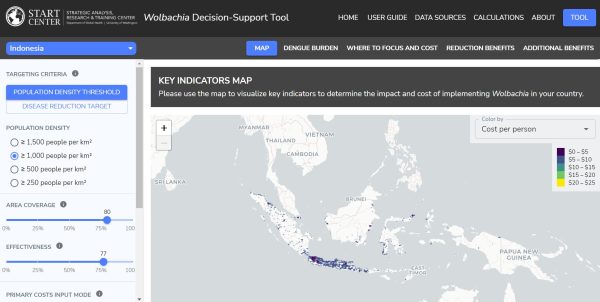
Female infertility is a common public health concern worldwide. The inability to conceive can contribute to a high cost burden for patients and health care systems. There is limited evidence on how sexually transmitted infections (STIs) contribute to infertility in Sub-Saharan Africa (SSA). The Women's Health Initiative (WHI) team at the Gates Foundation hopes to gain a better understanding about how STIs contribute to infertility in SSA to inform strategy and resources allocation for STI treatment, and engaged the START Center in a project to better understand the relationship between STIs and Pelvic Inflammatory Disease (PID) & Infertility from from October 2023 - February 2024.
Following this study between STIs and PID/Infertility, the WHI team wanted to delve deeper into the topic of STIs and women's health to contribute to building a comprehensive case regarding the broader impact of STIs on overall health. While the prevailing measure of STI impact is often assessed in DALYs, it's imperative to recognize additional repercussions beyond mortality. Estimating these non-fatal impacts of STIs is essential for prioritizing investments and interventions in STI management effectively.
The START team examined the association between seven key STIs (chlamydia, gonorrhea, M. genitalium, T. vaginalis, syphilis, herpes simplex virus and bacterial vaginosis) and nine adverse pregnancy outcomes (APOs) (spontaneous abortion, ectopic pregnancy, preterm birth, low birthweight, small for gestational age, premature rupture of membranes (PROM), preterm PROM, stillbirth, and neonatal infection) globally, with an emphasis on low- and middle-income countries (LMICs). This was phase II of the project, wherein phase I, the START team explored the association between five STIs and both pelvic inflammatory disease (PID) and infertility across sub-Saharan Africa and Southeast Asia. The overarching objective of the project was to continue building a comprehensive case regarding the impact of STIs on women’s health to inform recommendations for investment pathways in STI prevention, treatment, and diagnostics for the Gates Foundation.
The START team employed a tiered evidence search strategy to explore peer-reviewed literature looking at the association between each of the key STIs and adverse pregnancy outcomes. This strategy involved prioritizing systematic reviews and meta-analyses to more rapidly review larger summaries of data where available, followed by cohort and case-control studies where these study designs were not available. After taking a first pass at the literature review, the team met with the client to present their initial literature review findings and discuss where to focus their efforts for the remainder of the project. During this meeting, the client expressed a desire to have quantitative summaries of the data to inform future modeling efforts and for the START team to gather any information on STI coinfection where possible. Thus, the team focused the majority of the remainder of their time extracting quantitative data on the associations between each of the STIs and APOs of interest, highlighting data on STI co-infection. They visualized quantitative associations using forest plots and developed a color-coded literature review matrix to provide a high-level summary of the tiers of evidence and strength of associations available for each STI/APO combination. The primary deliverables were a final presentation slide deck, a literature review extraction spreadsheet, and a summary slide deck that combined the key findings from phases I and II of the project.









